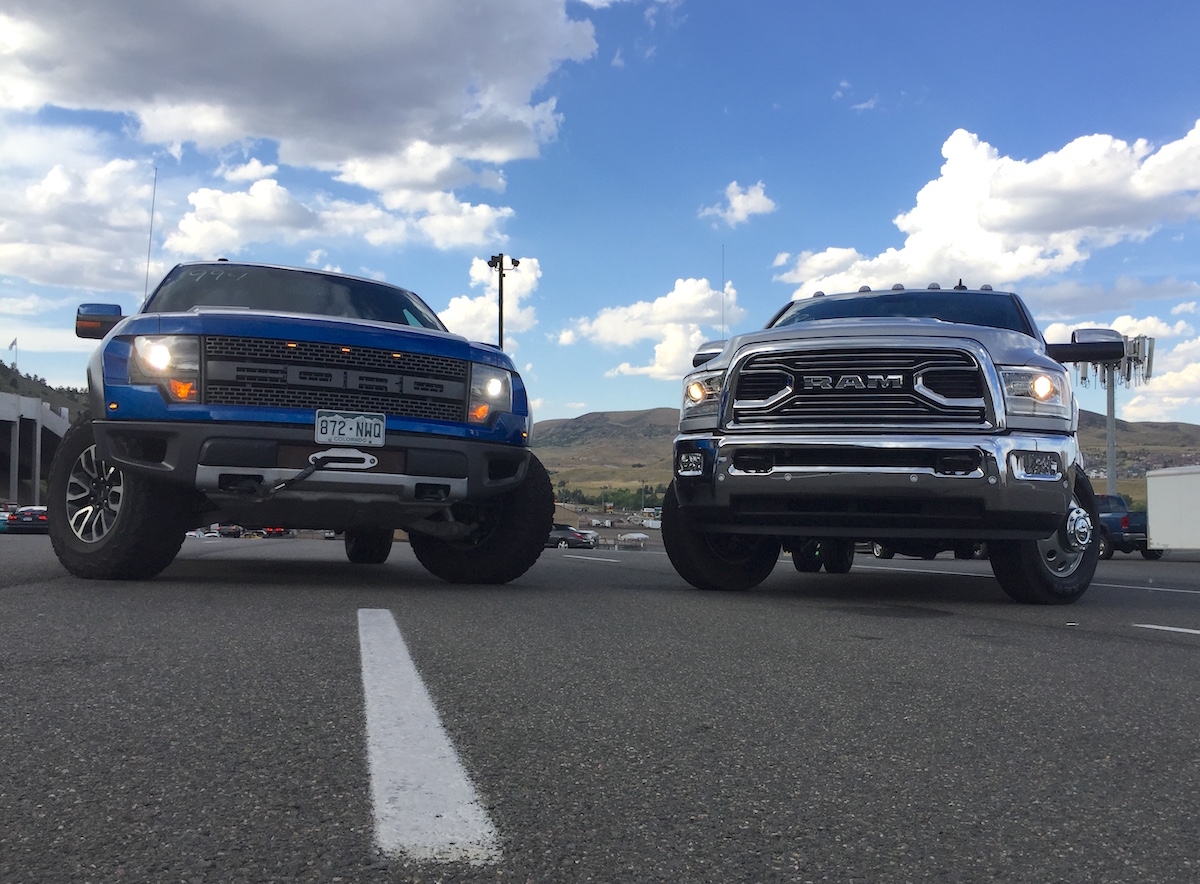Ford will pay $365 million to settle claims it misclassified the Transit Connect to avoid higher tariffs.
This week, the U.S. Department of Justice announced it reached a settlement with Ford Motor Company after a decade-long dispute surrounding the automaker’s initial classification of its smaller Transit Connect van. According to a complaint filed by federal prosecutors and the U.S. Customs and Border Protection agency, Ford allegedly misclassified and understated the values of Transit Connect cargo vans imported from Turkey between 2009 and 2013, in the interest of paying a lower import tax on those vehicles.
The lawsuit states that Ford Motor Company imported the vans “with sham rear seats and other temporary features”, allowing it to classify such models as “wagons” (in other words, passenger vehicles). That enabled the company to pay a lower 2.5% tax on each van, rather than the heavier 25% “chicken tax” it otherwise would have to pay on imported commercial vehicles. The chicken tax has been a thorn in automakers’ sides since the 1960s, when the U.S. government countered higher tariffs in Europe on imported chicken.
Despite declaring to U.S. Customs that imported Transit Connects were “principally designed for the transport of persons,” the government says “each of these Transit Connect vehicles was immediately tripped of its rear seats and returned to its original identity as a two-seat cargo van” as soon as it cleared the port of entry.
Ford has been battling the government since 2013, under then-CEO Alan Mullaly, arguing that the tariffs apply to vehicles based on their condition when they reach the port — not after alter modifications. What’s more, the automaker contended that the removable seats met U.S. safety standards upon importation, and thus it could justify the Transit Connect’s identity as a passenger-bearing vehicle when it reached Customs. The company eventually took the case to the U.S. Supreme Court, though that body declined to hear the case in 2020.
As part of this week’s settlement, Ford Motor Company agreed to drop its lawsuit against the government, claiming that Customs violated import standards by bringing its complaint against the automaker. The settlement also calls for Ford to request Customs make tariff classification rulings on other certain vehicles not previously imported to the U.S.
Ford will not admit liability in settling the case, and while it disagrees with the allegations, a spokesperson said it ultimately reached settlement with the DOJ “in the interest of moving on from this complex, decade-old dispute” once and for all.
The $365 million agreement includes $183,000 in lost import duties, while the remainder goes toward penalties. It is currently one of the largest settlements reached with U.S. Customs and Border Protection in history. However, the outcome could have been worse for Ford, as the company said in 2021 it could be on the hook for a $1.3 billion penalty, according to a Securities and Exchange Commission filing it made after the Supreme Court declined to hear its appeal.
Despite the large fine, this settlement does not appear to have shaken investors too much. After a brief 0.5% dip in Tuesday morning’s trading, the stock climbed back up throughout the afternoon to represent a 0.25% gain.
Even though later, redesigned Transit Connects did not meet the same governmental scrutiny as the early examples, Ford ultimately decided to drop the Transit Connect from its U.S. lineup after the 2023 model year due to a significant decline in small van sales. Similar models like the Nissan NV200/Chevrolet City Express, Mercedes-Benz Metris and Ram ProMaster City have also been discontinued.


















![Which is More Reliable: 3.5L EcoBoost or 5.0L V8? [Reader Question] Second-generation 3.5-liter EcoBoost engine](https://tfltruck.com/wp-content/uploads/2016/05/Second-generation-35-liter-EcoBoost-engine.jpg)
![Which Silverado Engine to Get: 5.3L or 6.2L V8? [Ask TFLTruck] 2016 chevy silverado](https://tfltruck.com/wp-content/uploads/2015/10/2016-chevy-silverado-grille.jpg)
